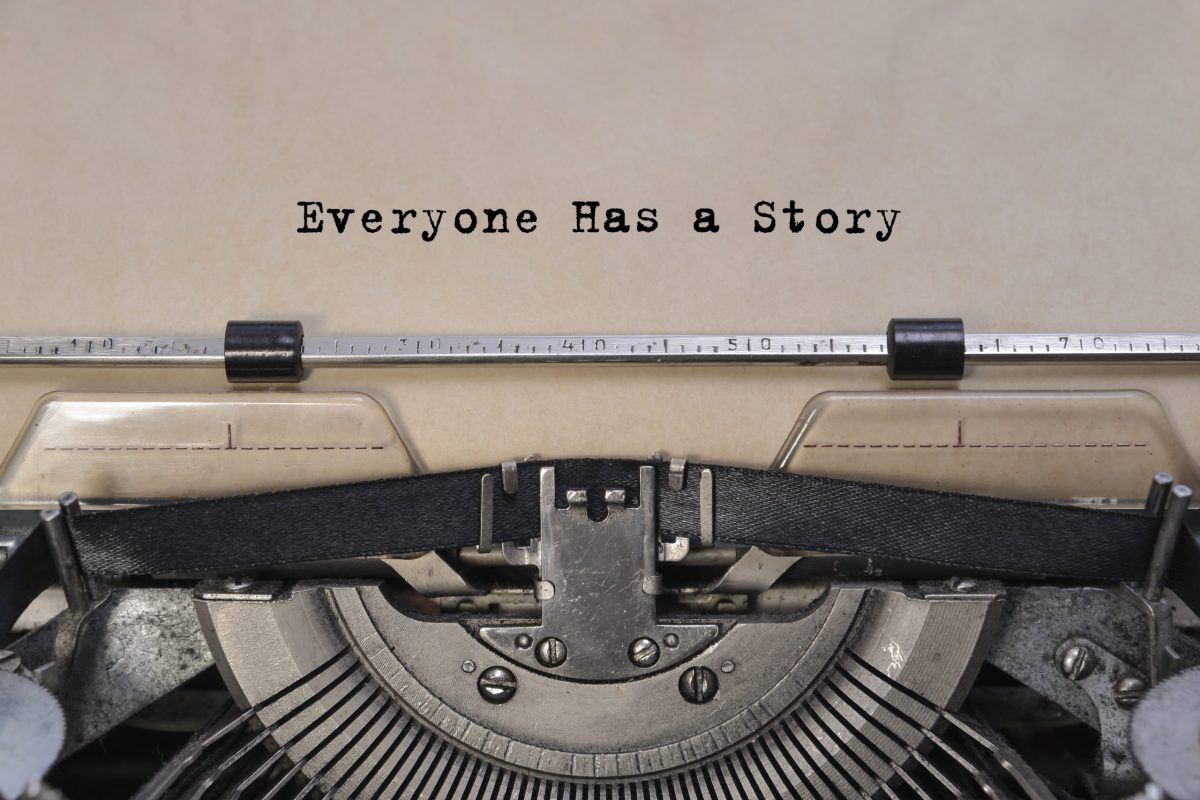
The Board’s (Almost Mandatory) Role in Form 990 Preparation
07.24.2024 | Linda J. Rosenthal, JD

“Thanks to the digital age, we live in a new era of storytelling.”
The nonprofit practitioners that created an organization called “Ethical Storytelling” ask our sector to step up and acknowledge that the stories of charitable beneficiaries we tell – to raise donations and to attract supporters – are much more than “emotion-generating machines.” They want all of us, and particularly our fundraisers, to make a pledge, to commit to the aspiration of telling stories that are “… truthful, nuanced, educational, and empowering. Not just for branding, but because … [these stories] … shape our humanity and our world.” See Take the Ethical Storytelling Pledge (May 20, 2021) Rachel Gable, Center for Effective Philanthropy Blog.
Front and center, Ms. Gable (the group’s co-curator) explains, should be the “constituent” whose story is told, not the person or organization whose support is solicited.
This is not a new push; an earlier version of the May 2021 article appeared in 2019 in the CEP blog.
Indeed, a few years ago, we explored this important and intriguing topic in What Could Possibly Be Worse Than Poverty Porn? (June 5, 2015). That’s a term “that has emerged … to criticize the practice of telling gritty stories and portraying gruesome images and video of destitution, of natural catastrophes, or of serious illness, injury, or deformity in order to create interest in media (newspapers, TV, movies) or to induce donations to charities.” By the way, the answer to the rhetorical question posed by our title: “‘Poverty porn’ that isn’t even true, that’s what.”
The Ethical Storytelling Pledge comprises sixteen points, incorporating several key themes. The purpose of the Pledge is “to focus on the HOW, not just the WHAT, of the stories we encounter in the work we do.” First and foremost, “always put people first,” telling their stories the way we, ourselves, would want our own stories to be told. Never “use images, footage, or words that sensationalize or stereotype a person or a situation” but always ‘[t]ruthfully represent a situation or story to educate our audiences of the realities, complexities, and nuances of the issues we advocate for.”
Second, explain all of the details – including the “purpose of the story” and “where it will be used” – in order to secure and obtain full and informed consent. Use reliable translators and abide by any laws, standards, rules, or “protocols related to vulnerable persons, including the United Nations Convention on the Rights of the Child (CRC).”
Third, seek advice if there’s any “question whether a particular story, message, or image is not in alignment with ethical storytelling practices.” And “[c]hoose not to tell the story, despite the resources invested, when the story cannot be told with the integrity of this pledge.”
The Ethical Storytelling website includes valuable resources and training tools. Among them are webinars:
See also, an article featuring the Ethical Storytelling site and Pledge: Ethical Storytelling for Nonprofits: Why and How? (December 14, 2019) Chandana Bhimarao and Chelsia Low, The Berkeley Group.
There are additional experts and organizations as well that feature ideas on best practices for ethical storytelling. For example, the website of Our Climate Voices includes a dedicated page of 7 Principles of Ethical Storytelling. This organization emphasizes many of the same points described in the Pledge. Prioritize the needs of the person whose story is being told. Get “enthusiastic consent” and release power to that person. Be aware of the unequal “power dynamics.” And “[d]o no harm. Listening to a sacred story requires understanding trauma-informed work, supporting control, choice, boundaries, and autonomy” and guarding the person’s “emotional safety.”
“Stories have the power to show someone a mirror-image of their best self. To encourage people to hold on when going through difficult times. And to inspire others to act. Stories change our world.”
— Linda J. Rosenthal, J.D., FPLG Information & Research Director
